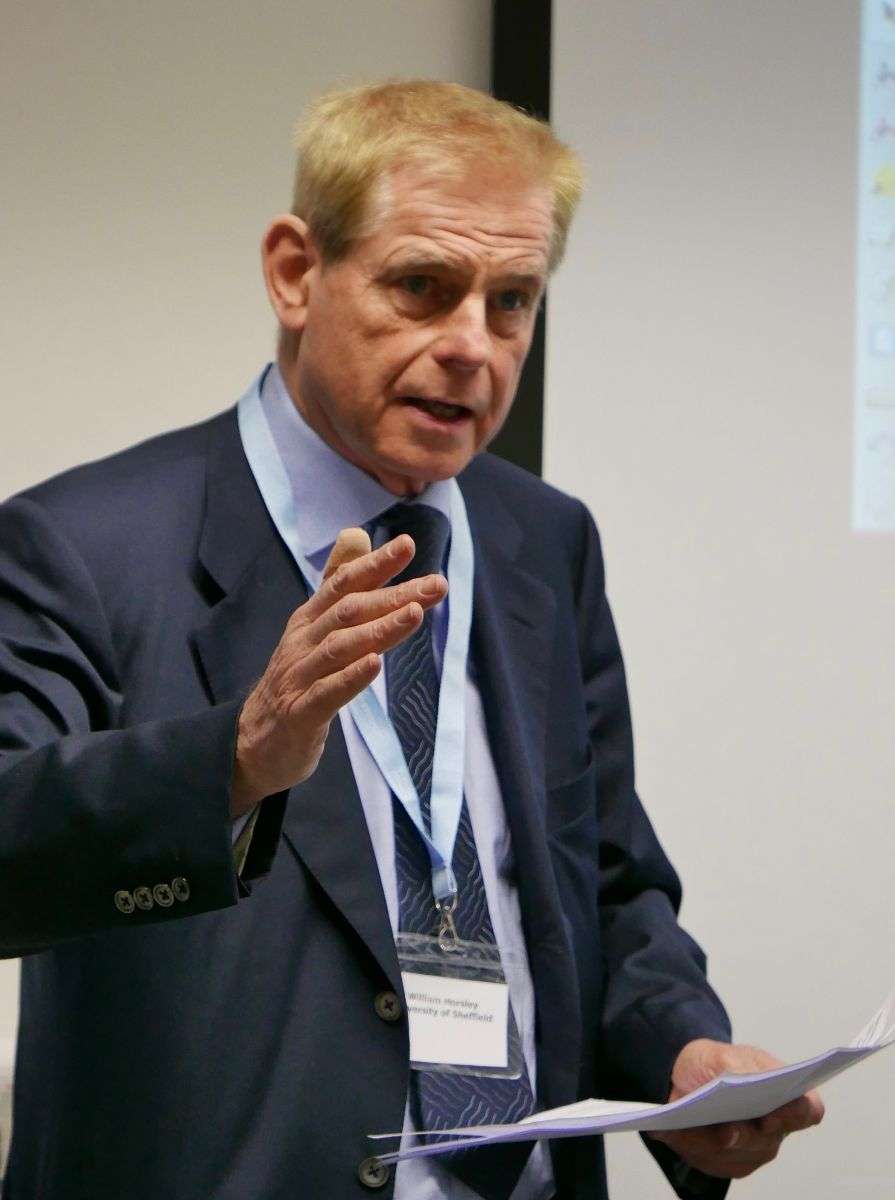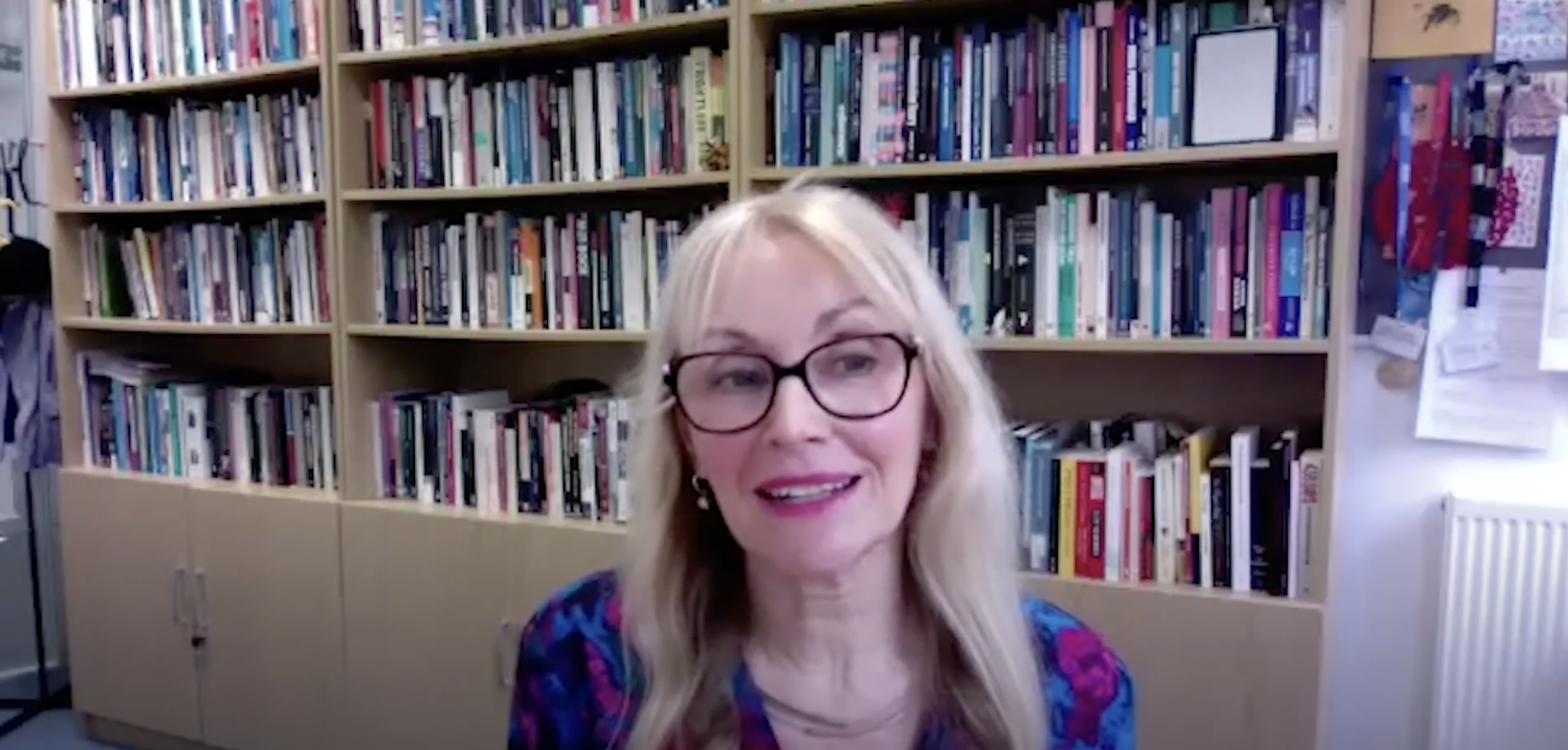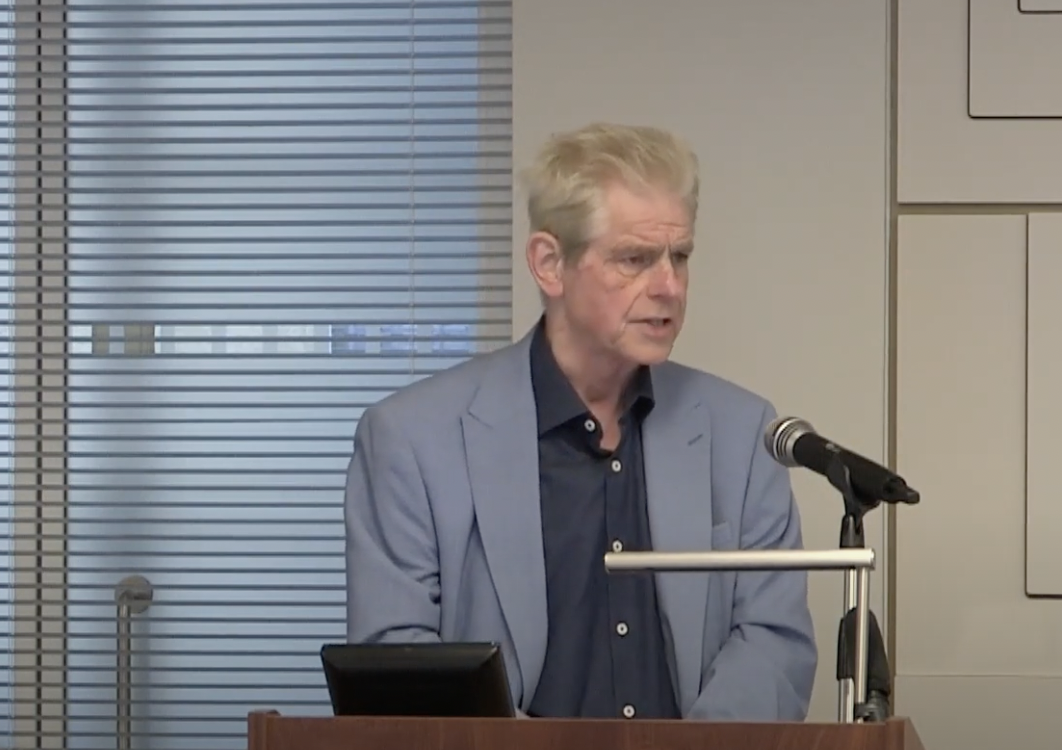CFOM’s International Director William Horsley has played a central role in international efforts to ensure that journalists in the 56 countries of the Commonwealth enjoy effective legal protection to carry out their work in accordance with the organisation’s fundamental political principles as well as international norms and standards. UNESCO’s Observatory of Killed Journalists shows that the rate of impunity related to fatal attacks on journalists in Commonwealth states is 96 percent, much higher than the overall rate in the rest of the world. In 2022 Commonwealth Law Ministers for the first time adopted a set of principles on the role of the media in good governance.
But Commonwealth states have not yet made commitments to implement the Principles in practice. William co-chaired the Working Group of concerned civil society organisations which brought the issue to public attention in 2018. He is an Executive Board member of the Commonwealth Journalists Association and a Senior Fellow of the Institute of Commonwealth Studies at London University. He writes for The Round Table: The Commonwealth Journal of International Affairs. You can find out more about William’s actions in this area and read his posts on his International Director’s Column.
The Commonwealth and Challenges to Media Freedom Conference
On 4-5 April 2017, CFOM’s International Director William Horsley (pictured right) took part in the Institute of Commonwealth Studies conference, ‘The Commonwealth and Challenges to Media Freedom’. William was part of panel one: ‘New Policy Directions in Media and Governance across Commonwealth Countries’. His speech, entitled ‘The most fundamental threat to human rights? Challenges to Media Freedom across the Commonwealth’ focuses on two key changes that confronted journalists since 2000. The first, their loss of perceived neutrality and the second, the growing, deliberate targeting by governments and other actors to intimidate and influence reporter’s. William noted that the Commonwealth had been particularly absence from the debate concerning the increasing number of attacks on journalists and issues of media freedom.
William noted that the silence from the Commonwealth was in direct contrast with the role that UN agencies and NGOs play, citing the UN Action Plan on the Safety of Journalists and the Issue of Impunity (UNPA) as an example of this. He emphasised a need for new policy directions, stating that this could be done by the Commonwealth through partnering the UNPA and reforming colonial era laws. Read more about the event here and William’s presentation here.

Image Credit: Institute of Commonwealth Studies
The Commonwealth and media freedom: Where do we stand? WEBINAR

Above image: William Horsley. Below image: Jackie Harrison

CFOM members William Horsley and Professor Jackie Harrison took part in a discussion held online on the 27 April 2022 with the theme of ‘The Commonwealth and Media Freedom: Where Do We Stand?’. The discussion was held to mark the 10th Anniversary of the UNPA, which CFOM has also been involved in through leading the academic consultation. The webinar was hosted by the Institute of Commonwealth Studies and CFOM. Zaffar Abbas, the Editor of Dawn (Pakistan’s leading English language newspaper) also spoke at the session that was chaired by the Director of the Institute of Commonwealth Studies, Dr Sue Onslow.
Conversation during the session focused on a need for the Commonwealth to tackle the growing trend of attacks on journalism and journalists in its members countries. In particular, it was noted how the Commonwealth had not been particularly involved with the UNPA. There was also discussion concerning how the Commonwealth should exert more influence on its member countries to offer journalists better protection. You can watch the session here and read an overview here.
Is the Commonwealth Working? Conference
On 27 May 2022, CFOM’s International Director, William Horsley, took part in a conference entitled ‘Is the Commonwealth working?’. The event was organised by The Round Table: The Commonwealth Journal of International Affairs and the Institute of Commonwealth Studies. The Commonwealth Foundation and the Commonwealth Association were also partners at the event. William took part in the third panel session focusing on the values of the Commonwealth.
In his speech, William questioned why the Commonwealth has not been involved in debates concerning media freedom. He cited how important it is for them to become involved by reference to how independent journalism is under threat in a number of Commonwealth countries. More can be read on William’s involvement alongside a recording of the event here.

